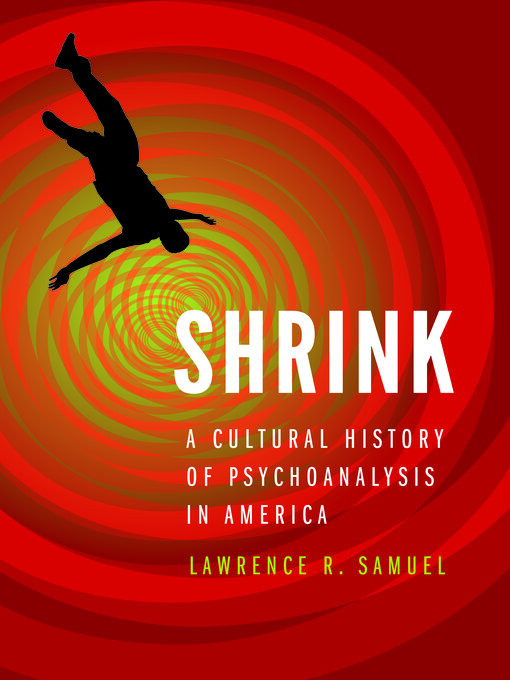"Psychology has stepped down from the university chair into the marketplace" was how the New York Times put it in 1926. Another commentator in 1929 was more biting. Psychoanalysis, he said, had over a generation, "converted the human scene into a neurotic." Freud first used the word around 1895, and by the 1920s psychoanalysis was a phenomenon to be reckoned with in the United States. How it gained such purchase, taking hold in virtually every aspect of American culture, is the story Lawrence R. Samuel tells in Shrink, the first comprehensive popular history of psychoanalysis in America.
Arriving on the scene at around the same time as the modern idea of the self, psychoanalysis has both shaped and reflected the ascent of individualism in American society. Samuel traces its path from the theories of Freud and Jung to the innermost reaches of our current me-based, narcissistic culture. Along the way he shows how the arbiters of culture, high and low, from public intellectuals, novelists, and filmmakers to Good Housekeeping and the Cosmo girl, mediated or embraced psychoanalysis (or some version of it), until it could be legitimately viewed as an integral feature of American consciousness.


